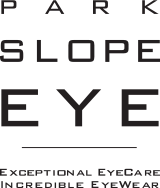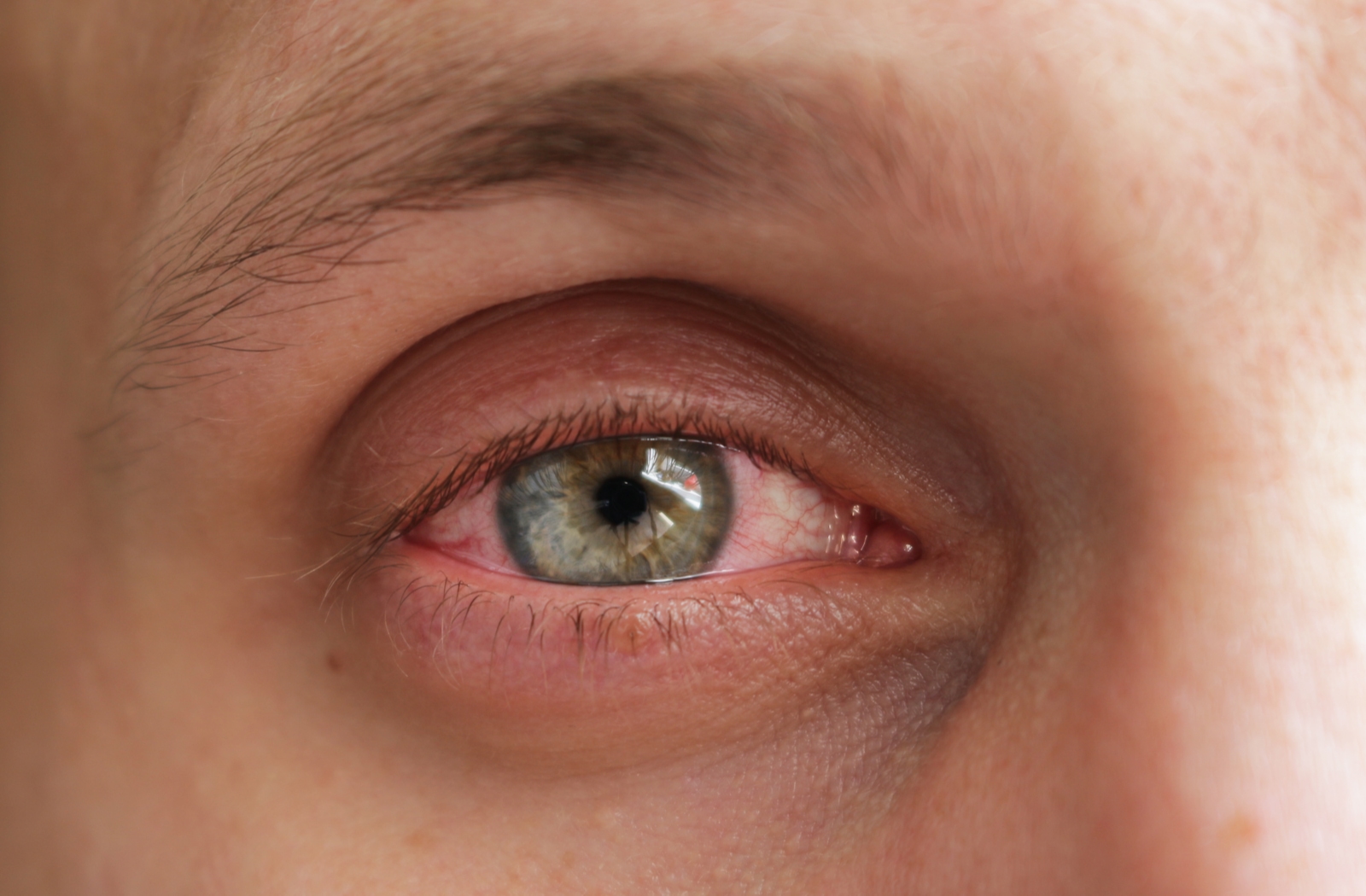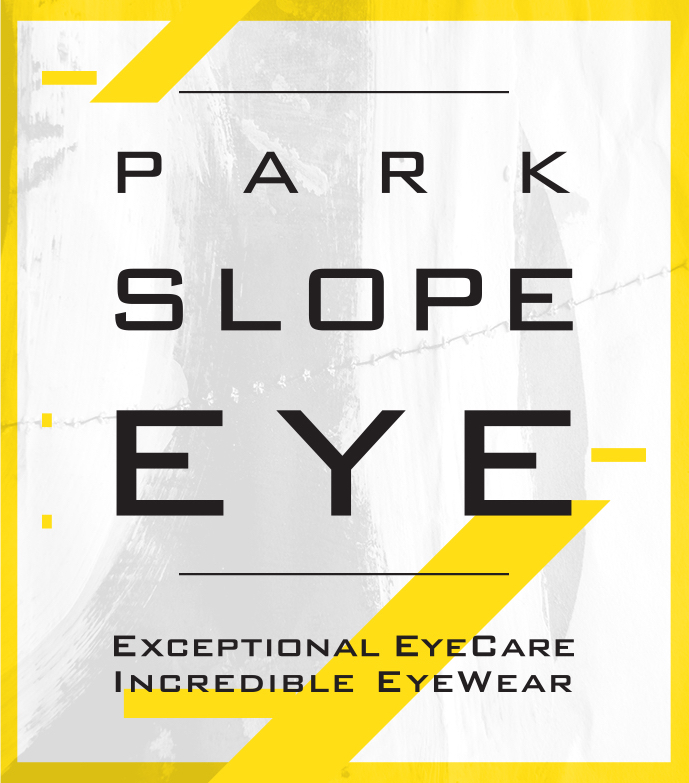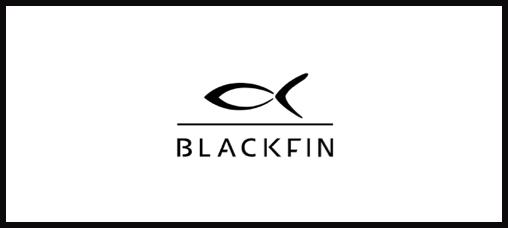Dry and irritated eyes can be an uncomfortable experience, but why do they feel this way? Dry eyes are more than just tired; this typically occurs due to an underlying condition your optometrist can diagnose.
Why are your eyes so dry? Continue reading to learn more about the causes of dry eyes and how you can find long-term relief.
Why Are Your Eyes Dry?
Your eyes are likely dry because of dry eye disease. It’s a common condition where your tears don’t properly lubricate your eyes. This dryness typically occurs due to issues within one of the layers of your tear film (oil, aqueous fluid, and mucin).
Your tears help keep the surface of your eye clean and free of debris, but arising complications can cause inflammation, irritation, and other dry eye disease symptoms.
Dry Eye Disease Symptoms
There are several common dry eye symptoms you may experience, including:
- Itchy, stinging, or burning eyes
- Blurry vision
- A scratchy or gritty feeling in your eye
- Red, irritated eyes
- Difficulty wearing contact lenses
- Watery eyes
Besides being aggravating to deal with, dry eye disease can damage your eye’s surface. How do dry eyes develop?
What Causes Dry Eyes?
Several internal and external factors can lead to issues within your tear film. These factors can be categorized into 2 main causes of dry eyes, decreased tear production and increased tear evaporation.
Decreased Tear Production
Decreased tear production, known as aqueous-deficient dry eye, occurs when you don’t produce enough tears to keep your eyes moist. This condition can lead to discomfort, redness, and vision problems.
Tear production usually decreases with age, making dry eyes more common for older adults. Other factors can affect your tear production, including:
- Medical conditions such as Sjogren’s syndrome
- Side effects from medications like antihistamines, decongestants, & antidepressants
- Desensitized corneal nerves
Increased Tear Evaporation
Increased tear evaporation, or evaporative dry eye, develops when there are issues related to the oily layer of your tear film. Glands in your eyelids release oil to help prevent your tears from evaporating, but complications can cause your eyes to dry out quickly.
These glands can become blocked, called meibomian gland dysfunction. Other causes of increased tear evaporation include:
- Infrequent blinking
- Wind, smoke, or dry air
- Vitamin A deficiency
- Posterior blepharitis
- Eye allergies
- Eyelid problems (ectropion & entropion)
There are many reasons your eyes feel dry, but is there any way to find relief? Treatments for dry eye disease can help manage this condition, and there are several available. Your optometrist can help find the best dry eye treatments for your needs following a comprehensive eye exam.
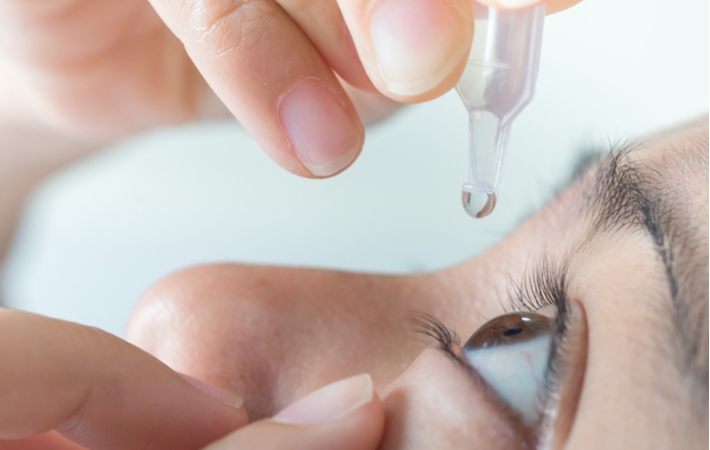
Dry Eye Disease Treatments
With treatment, you can receive long-term relief from dry eye disease symptoms and live comfortably. Your optometrist will work with you to find the most effective treatment for your needs.
Some common dry eye disease treatments include:
- Artificial tears
- Prescription eye drops
- Meibomian gland expression
- Punctal plugs
- Supplements
Artificial Tears
Artificial tears (eye drops) can help provide temporary relief of dry eye symptoms. They simulate real tears, helping protect and lubricate your eye’s surface. This treatment doesn’t require a prescription, making them a great over-the-counter option if your eyes are irritated.
With many different brands, picking the right artificial tears may seem difficult. While there isn’t too much difference between brands, you should check to see if the eye drops have preservatives or not.
Preservatives protect your artificial tears from bacteria growth and help them last longer, but they may not be the best choice if you have dry eyes. Some people find that artificial tears with preservatives can irritate their eyes, making dry eye symptoms worse.
Prescription Eye Drops
Prescription eye drops are an option for people with chronic dry eye disease. These eye drops have different purposes depending on the brand. Some can help with inflammation, while others benefit tear production.
Your optometrist can help determine which eye drops are best for your needs and explain the associated risks and benefits.
Meibomian Gland Expression
The meibomian glands help release the oil that helps protect your tears from evaporating. When these glands become clogged or blocked, it can result in dry, irritated eyes.
Meibomian gland expression can help stimulate the release of this oil. There are many ways your optometrist may complete this treatment, whether it’s with specialized equipment or through manual expression.
Punctal Plugs
Punctal plugs help keep your eyes moist for longer by plugging the openings to your tear ducts. They close the small opening in the corner of your upper and lower eyelids. Because your tears can’t drain as quickly, your eyes stay lubricated, helping to relieve dry eye symptoms.
Supplements
You can improve your visual comfort by investing in your diet. Many supplements can help reduce dry eye symptoms and prevent them from reoccurring.
Whether it be omega-3 fatty acids or other vitamins, your optometrist can help determine the best supplements for your needs. Supplements like HydroEye can help provide comfort and benefit your tear film and eye’s surface.
Depending on your unique situation, some treatment methods may be more effective than others. People with more severe dry eyes may not benefit from over-the-counter options. The best way to find long-term relief of symptoms is to visit your optometrist for a comprehensive eye exam.
Don’t Live With Dry Eyes
No matter the reason your eyes are dry, you shouldn’t have to deal with discomfort. Looking at your eyes can help your optometrist recommend the most effective treatment for your needs. If you’re experiencing any dry eye disease symptoms, book an appointment today.
